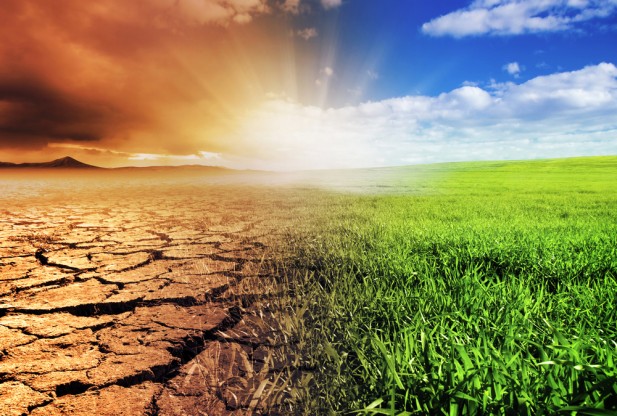Beef produced on pasture and rangeland forages and dual-purpose winter wheat in the Southern Great Plains (SGP: Texas, Oklahoma and Kansas) provides a significant portion of the nation’s red meat; constitutes the largest land use and agricultural enterprise in the region; and is subject to a widely variable climate. The aim of the Resilience and vulnerability of beef cattle production in the Southern Great Plains under changing climate, land use and markets (Grazing CAP) project is to answer critically important research questions and deliver Extension program¬ming about impacts of climate variability and climate change on system vulnerability and resilience. Project long-term goals are to (1) better understand vulnerability and enhance resilience of SGP beef-grazing systems in a world of increased climate variability, dynamic land-use, and fluctuating markets and (2) safeguard regional production while mitigating the environmental footprint of agriculture. Specific objectives are to (1) build capacity among regional institutions to move research and extension to a higher level of integration; (2) better understand beef-grazing system dynamics, quantify vulnerability and resilience, and balance sustainability of production and ecosystem services; (3) provide information and technology to enable producers to employ risk-based information in decision-making; and (4) train the next generation of producers and researchers to collectively address rising challenges.

